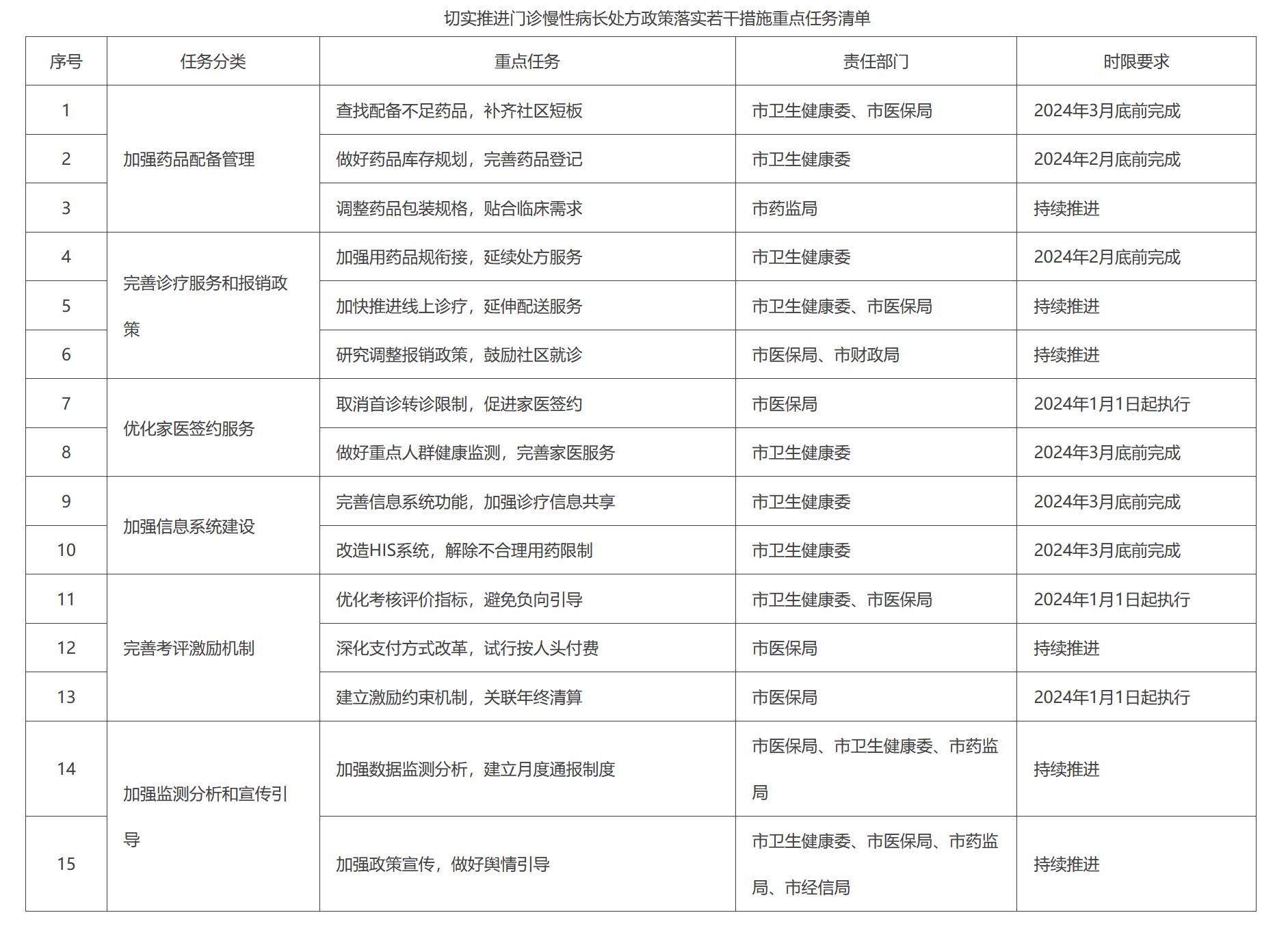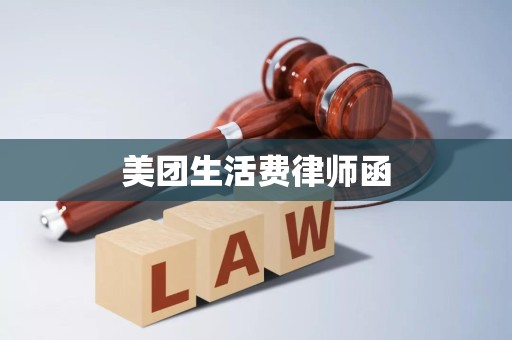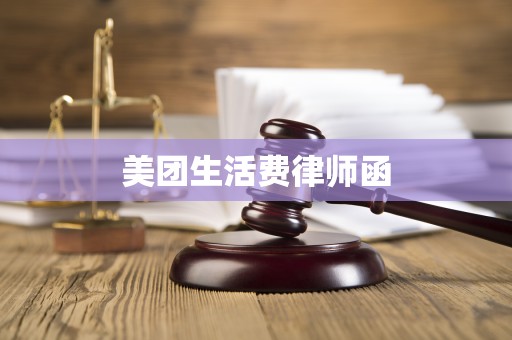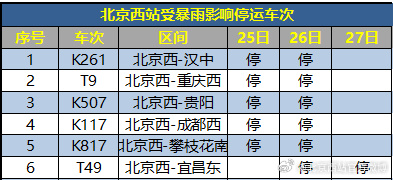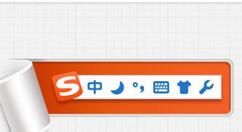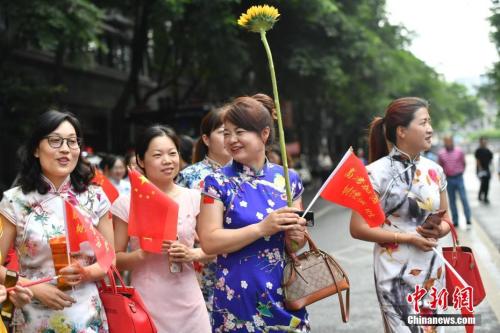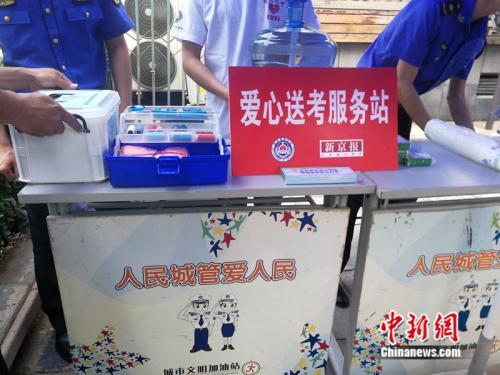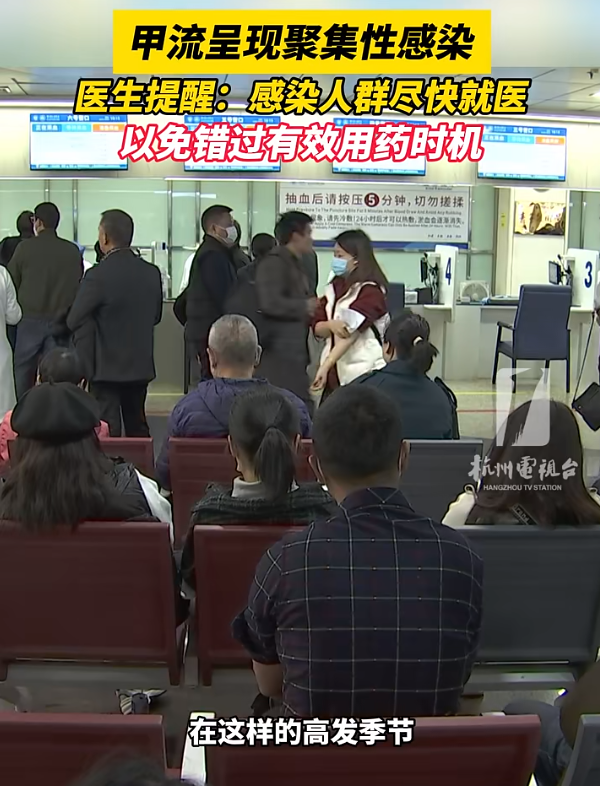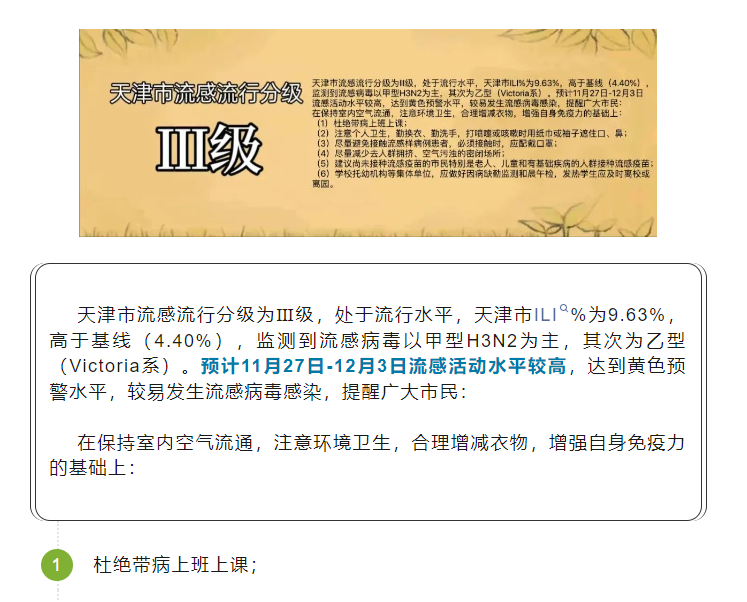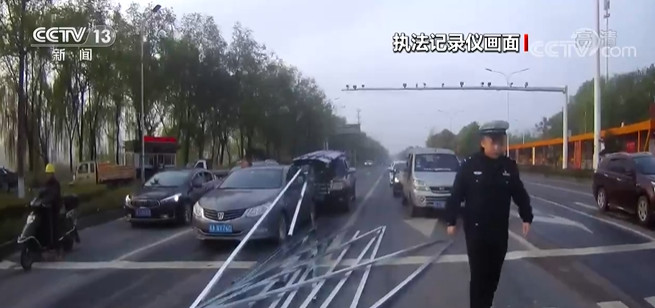Beijing Medical Insurance Fa [2024] No.3
Relevant district governments, Beijing Economic and Technological Development Zone, relevant departments of the municipal government, relevant medical and health institutions, and relevant drug marketing license holders:
In order to solve the practical difficulties encountered in the implementation of the long prescription policy and better meet the drug demand of patients with chronic diseases, the Beijing Municipal Medical and Social Security Bureau and other three departments jointly formulated the "Several Measures on Effectively Promoting the Implementation of the Long Prescription Policy for Chronic Diseases in Outpatients", which are hereby printed and distributed to you, please implement it.
I hereby inform you.
Beijing Municipal Medical Security Bureau
Beijing Municipal Health and Wellness Committee
Beijing Drug Administration
February 22, 2024
Some measures to promote the implementation of long prescription policy for chronic diseases in outpatient department
Implementing the long prescription policy for outpatient chronic diseases is a concrete measure of Beijing’s important livelihood project in 2024, and it is also an important practice to carry out the party’s mass line education in depth. In order to further intensify efforts to solve the practical difficulties in the implementation of the outpatient long-term prescription policy, better meet the long-term drug demand of patients with chronic diseases, actively guide graded diagnosis and treatment, effectively promote the outpatient long-term prescription policy for chronic diseases, and enhance the people’s sense of acquisition and satisfaction, the following measures are formulated.
First, strengthen the management of drug allocation
1. Find drugs with insufficient equipment and fill the shortcomings of the community. Determine the range of chronic diseases suitable for long prescriptions, compare the varieties and specifications of commonly used drugs for chronic diseases in tertiary medical institutions, find out the drugs that are under-equipped in community health service institutions, and make corresponding drug purchases and reserves. Various varieties and specifications of commonly used drugs for chronic diseases are included in the unified medical insurance information platform recruitment subsystem, and medical institutions at all levels can purchase on demand. (Responsible units: Municipal Health and Wellness Commission, Municipal Medical Insurance Bureau)
2. Do a good job in drug inventory planning and improve drug registration. Medical institutions scientifically plan drug stocks according to the varieties and specifications of commonly used chronic diseases drugs. Community health service institutions give full play to the role of drug registration system for people’s needs, and do a good job in drug registration and timely purchase and distribution of drugs that patients with chronic diseases need but have not yet equipped. (Responsible unit: Municipal Health and Wellness Commission)
3. Adjust drug packaging specifications to meet clinical needs. In view of the problem that some drug packaging specifications do not meet the clinical needs and affect the formulation of long prescriptions, the holders of drug marketing licenses in this city are encouraged to change the packaging specifications of chronic drugs to multiples of 7 days’ consumption, and provide guidance and services to the holders for annual reports or filing, so as to solve the situation that drug packaging specifications do not meet the actual clinical needs from the drug production link. (Responsible unit: Municipal Food and Drug Administration)
Second, improve the diagnosis and treatment services and reimbursement policies.
4. Strengthen the connection of drug use regulations and continue prescription services. We will promote the consistency of the availability of drugs for chronic diseases between tertiary medical institutions and community health service institutions, and effectively meet the needs of residents for personalized drugs to treat hypertension and diabetes. Strengthen the connection of medication for patients with chronic diseases in the medical association, and provide prescription continuation service on the premise of ensuring medication safety. (Responsible unit: Municipal Health and Wellness Commission)
5. Accelerate online diagnosis and treatment and extend distribution services. In view of the fact that patients with chronic diseases are mainly elderly patients, and there may be mobility difficulties, we will speed up the opening of online diagnosis and treatment and mobile payment for medical insurance in medical institutions, and encourage medical institutions to provide "one-stop" distribution services for insured people without leaving home and delivering medicines to their homes. (Responsible unit: Municipal Health and Wellness Commission, Municipal Medical Insurance Bureau)
6. Study and adjust the reimbursement policy to encourage community visits. Insured people in the community health service institutions to take medicine, study and adjust some drug reimbursement policies, cancel the proportion of 10% individual first burden. (Responsible units: Municipal Medical Insurance Bureau and Municipal Finance Bureau)
Third, optimize the signing service of family doctors
7. Cancel the restriction of first-visit referral and promote the signing of family doctors. If the elderly and working-age residents who participate in the basic medical insurance for urban and rural residents sign a service agreement with their family doctors in this Municipality, the restrictions on first-visit referral will be cancelled, and they can go directly to the designated medical institutions I selected and the designated medical institutions of Chinese medicine, specialties and Class A for outpatient treatment, and the outpatient medical expenses incurred will be paid by the residents’ medical insurance fund; If the service agreement of family doctors in this city is not signed, the original first-visit referral policy will still be implemented. (Responsible unit: Municipal Medical Insurance Bureau)
8. Do a good job in health monitoring of key populations and improve family medical services. Make full use of information technology, do a good job in health monitoring of key groups such as hypertensive patients after family doctors sign contracts, really play the role of family doctors signing contracts, and promote effective health management. Through telephone contact, WeChat group education, outpatient follow-up, etc., we will do a good job in guiding family doctors to use chronic diseases for key populations. (Responsible unit: Municipal Health and Wellness Commission)
Fourth, strengthen the construction of information systems
9. Improve the function of information system and strengthen the sharing of diagnosis and treatment information. Further accelerate the informatization construction, promote the information sharing among medical institutions at all levels, and support the push of information data of patients with hypertension and diabetes diagnosed by secondary and tertiary medical institutions to their health files or community health service institutions where family doctors are contracted, so as to provide continuous health management services for patients. (Responsible unit: Municipal Health and Wellness Commission)
10. Transform HIS system and remove unreasonable drug use restrictions. Medical institutions constantly optimize the doctor workstation and outpatient prescription management system, and do a good job in outpatient prescription service in combination with relevant industry regulations and patient needs. Guide medical institutions to reform HIS system, lift the limitation on the time of prescribing drugs for patients with chronic diseases, and carry out operation training. (Responsible unit: Municipal Health and Wellness Commission)
Five, improve the evaluation and incentive mechanism
11. Optimize the evaluation indicators to avoid negative guidance. Constantly optimize and improve the performance evaluation indicators of the linkage of the three hospitals and the evaluation indicators of community health service institutions. The evaluation of outpatient average cost and outpatient average drug cost should eliminate the influence of drug costs caused by long prescriptions, avoid the negative guidance of evaluation indicators, and promote the implementation of long-term prescriptions. (Responsible units: Municipal Health and Wellness Commission, Municipal Medical Insurance Bureau)
12. Deepen the reform of payment methods and try to pay by head. Select some close medical associations to try out the outpatient service of diabetes and hypertension, and promote the change from "treatment-centered" to "health-centered" to promote the whole life cycle health management. (Responsible unit: Municipal Medical Insurance Bureau)
13. Establish an incentive and restraint mechanism and associate with year-end liquidation. The long prescription assessment score will be included in the quality evaluation index of the total budget management of medical insurance fund (BJ-GBI), and it will be related to the year-end liquidation, so as to reasonably compensate the medical service fee losses caused by the implementation of the long prescription policy in medical institutions (including Internet diagnosis and treatment) and community health service institutions. (Responsible unit: Municipal Medical Insurance Bureau)
Six, strengthen monitoring and analysis and publicity and guidance.
14. Strengthen data monitoring and analysis and establish a monthly notification system. Establish a monthly notification system to inform the city of the implementation of long prescriptions of medical institutions. Each unit combines their respective responsibilities and tasks, scientifically and continuously carries out monitoring and analysis, and quantifies data to reflect the quality and efficiency of work implementation. (Responsible units: Municipal Medical Insurance Bureau, Municipal Health and Wellness Commission, Municipal Food and Drug Administration)
15. Strengthen policy propaganda and guide public opinion. All units, in combination with their own responsibilities, do a good job in policy propaganda and interpretation in multiple ways to improve policy awareness; Strengthen communication with health service institutions, collect and solve practical problems encountered by health service institutions in the process of implementing the long prescription policy in a timely manner through on-the-spot investigation and on-site guidance; Strengthen public opinion monitoring, do a good job in guiding public opinion, and avoid the influence of misunderstanding policies on long prescription. (Responsible units: Municipal Health and Wellness Commission, Municipal Medical Insurance Bureau, Municipal Food and Drug Administration, Municipal Economic and Information Bureau)
Attachment: List of key tasks of several measures to effectively promote the long-term prescription policy for chronic diseases in outpatient department.
